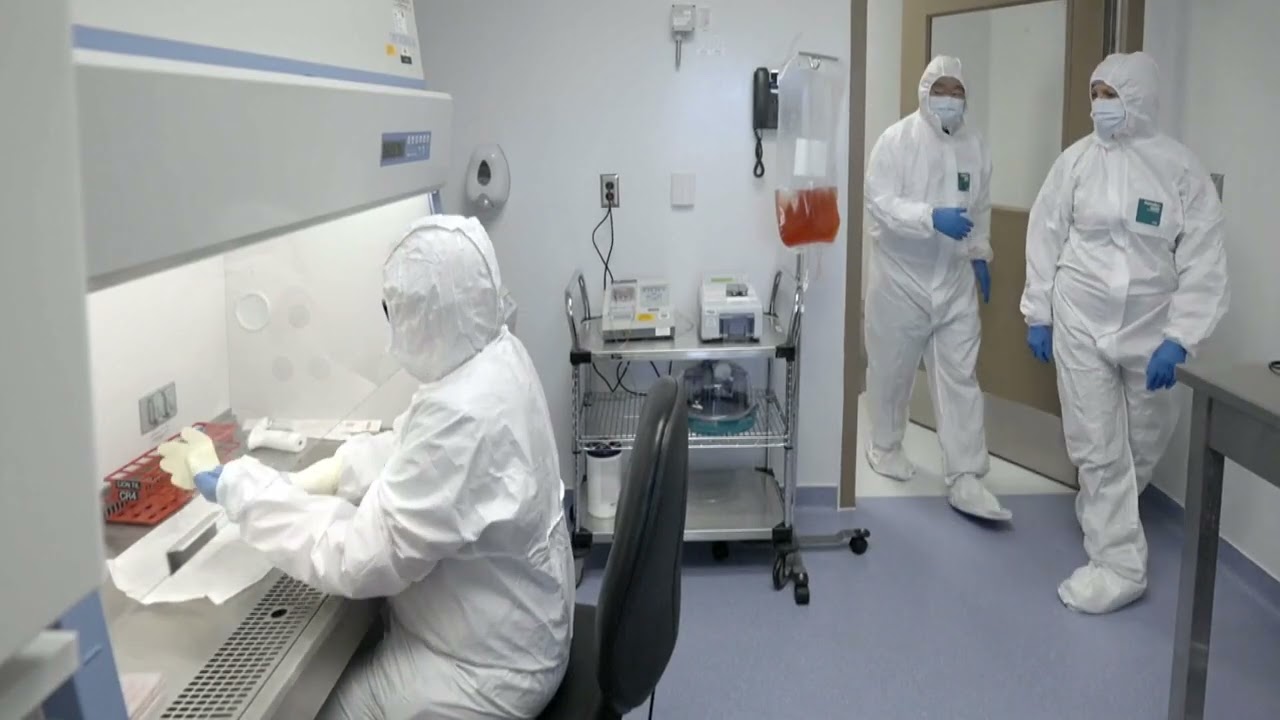The Oncology Channel
NEW YORK (Reuters Health) – Breast cancer metastases in a given patient often have a different receptor status, a new study demonstrates.
“Different metastases within the same patient may have different receptor profiles, which may explain the lack of response to endocrine treatment we so often see,” said senior author Dr. Paul van Diest, head of pathology at University Medical Center Utrecht in the Netherlands, in an email to Reuters Health.
The study, published online October 10 in Annals of Oncology, assessed estrogen receptor (ER)-alpha, progesterone receptor (PR), and human epidermal growth factor receptor 2 (HER2) status from multiple distant metastases in 55 female patients.
Most women (87.3%) had two metastatic sites, 10.9% had three metastatic sites, and 1.8% had four. Spread to the bone was most common (28.8%), followed by gynecologic metastases (16.1%).
Using 10% as the proportion of cells needed for a positive test result, the investigators found that 7.3% of patients had differing ER-alpha profiles and 29.1% had differing PR profiles across metastatic sites.
Overall, 36.4% of women had a difference in either estrogen or progesterone receptor status across metastatic sites. For 10.9%, the difference “could have clinical consequences with regard to hormonal treatment,” the investigators reported.
Despite the potential clinical consequences, patients should not be biopsied at multiple metastatic sites.
“I do not recommend a biopsy for multiple metastases, because it is too invasive of a method,” said Dr. Naoki Niikura of Tokai University School of Medicine in Japan, who has studied the difference in receptor status between and primary breast tumors and metastatic sites but wasn’t involved in this study. Dr. Niikura commented on the study by email.
Dr. van Diest agreed.
“Doing biopsies of multiple metastases in patients may in practice be difficult, since this is quite a burden for the patient and may cause complications,” he said. “The chance of having heterogeneity between metastases is not so high that taking biopsies from multiple metastases should be recommended in all patients, but it may however be considered when metastases are easily accessible.”
Dr. van Diest said that at least one metastasis would be biopsied to re-assess the receptor profile, and systemic treatment should be adapted accordingly; that is, endocrine treatment should be added when metastases are hormone receptor positive despite a negative primary tumor, or chemotherapy added to hormonal therapy in cases where metastases are negative despite a positive primary tumor.
SOURCE: Discordance in ERα, PR and HER2 receptor status across different distant breast cancer metastases within the same patient
Ann Oncol 2013.








